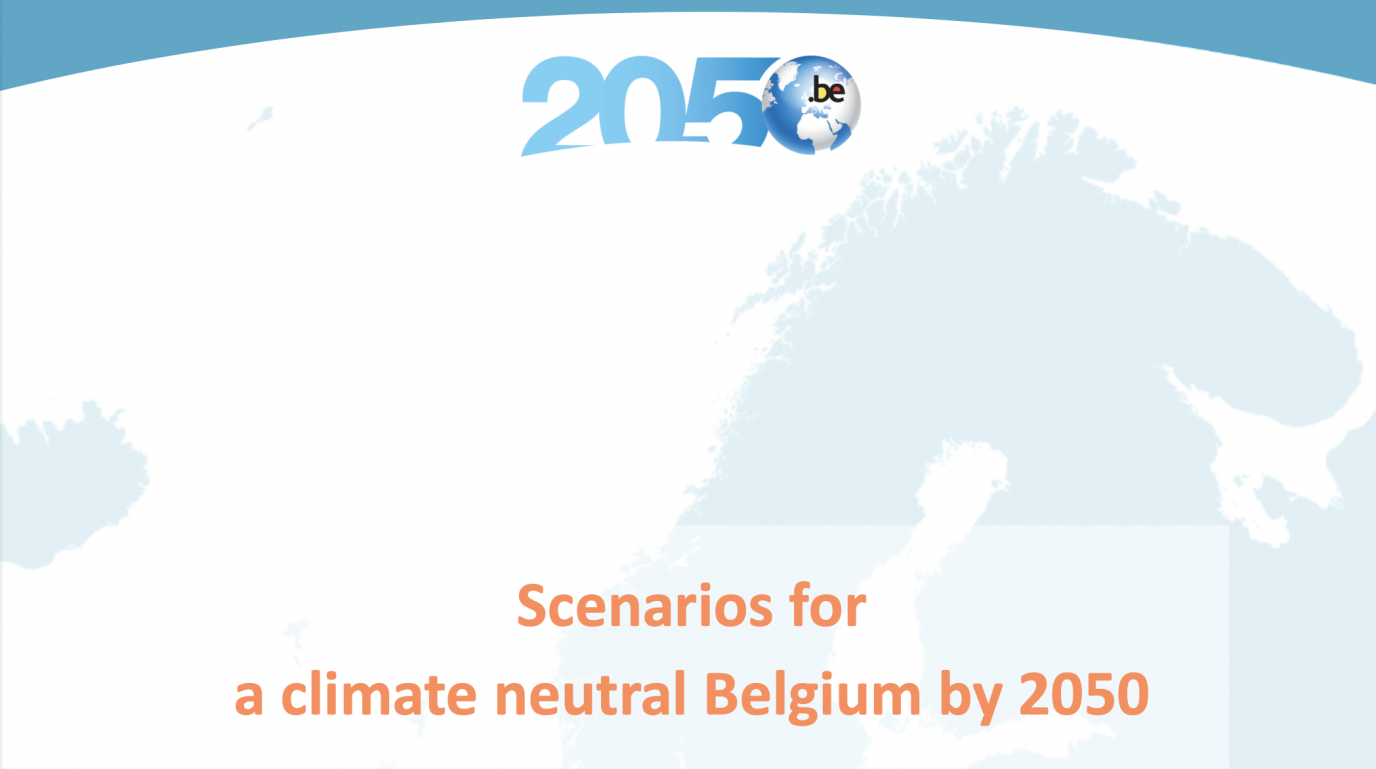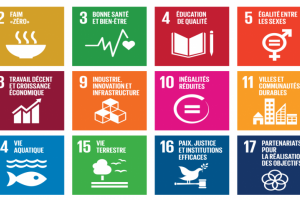New scenarios for achieving climate neutrality in Belgium by 2050
The Federal Minister of Climate, Zakia Khattabi, and her administration at the FPS Public Health present an exploratory report identifying several transition scenarios aimed at climate neutrality by 2050. The scenarios were developed based on a calculation tool that allows the selection of ambition levels of more than 100 levers in all sectors of society as well as the assessment of the impact on greenhouse gas emission reductions by 2050 and on the resource consumption.

The new scenarios contribute to the development of an overall vision for climate policy. They also provide pathsways that can be followed and key considerations with regard to trade-offs to be made in order to achieve climate neutrality in our country for all policymakers and investors.
"To govern is to foresee, and this concern is central to my governance on climate action. Having committed to the goal of climate neutrality by 2050, the task now is to analyze in concrete terms what this means in Belgium and to map out the pathway to achieve it. While all the transition scenarios presented do indeed map out the pathway to a decarbonized and sustainable society by 2050 by adopting a global approach, their diversity leaves a lot of room for dialogue and public debate to attain this. This is why I have taken the initiative to inform all governments and parliaments of this report and make it available so that the results can be discussed in a public debate. The democratic challenge is at the heart of the transition: only together and with full knowledge of the facts will we succeed in achieving our climate goals.", the Minister stressed.
In order to understand the different ways of achieving climate neutrality and study their implications, five scenarios have been developed:
- a reference scenario based on current policies (business as usual);
- a behavioral scenario, focusing on lifestyle changes in areas such as mobility, housing and nutrition;
- a technology scenario, which emphasizes the deployment of energy efficient technologies and carbon-free fuels such as synthetic fuels or hydrogen;
- a core scenario, based on a balanced approach between the behavioral and technological dimensions;
- and finally a high demand scenario, which examines the implications of a pathway characterized by higher energy demand than in the previous scenarios.
The analysis of these different transition scenarios leads to a series of conclusions, the most important of which are:
- Achieving climate neutrality in Belgium by 2050 is technically feasible, but it constitutes a major challenge in all sectors and requires systemic changes, both at a behavioral as well as at a technological level.
- Energy demand is decreasing significantly and fossil fuels are being phased out thanks to electrification and the use of carbon neutral fuels.
- In all climate-neutral scenarios the need for recourses and materials are well below current levels, especially if we shift to more sustainable consumption patterns. Changing dietary patterns also lead to profound changes in the agricultural sector, changing land use and increasing carbon absorption.
- Significant additional investment in infrastructure is needed. However, the scale of this can be substantially reduced if behavior changes significantly and the circular and sharing economy develops on a large scale. Overall, these additional investments are offset by lower fuel costs.
More information:
- The online calculation model, the report of the study (in English) and a summary (available in French, Dutch and English) are available at https://klimaat.be/2050-nl/analyse-van-scenario


